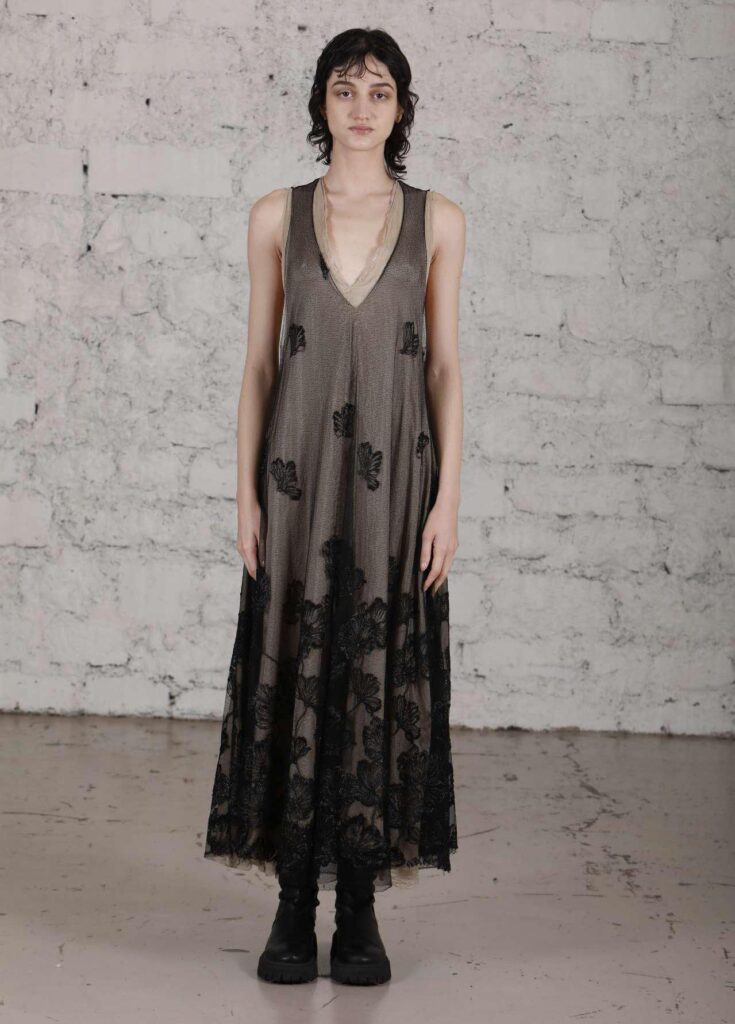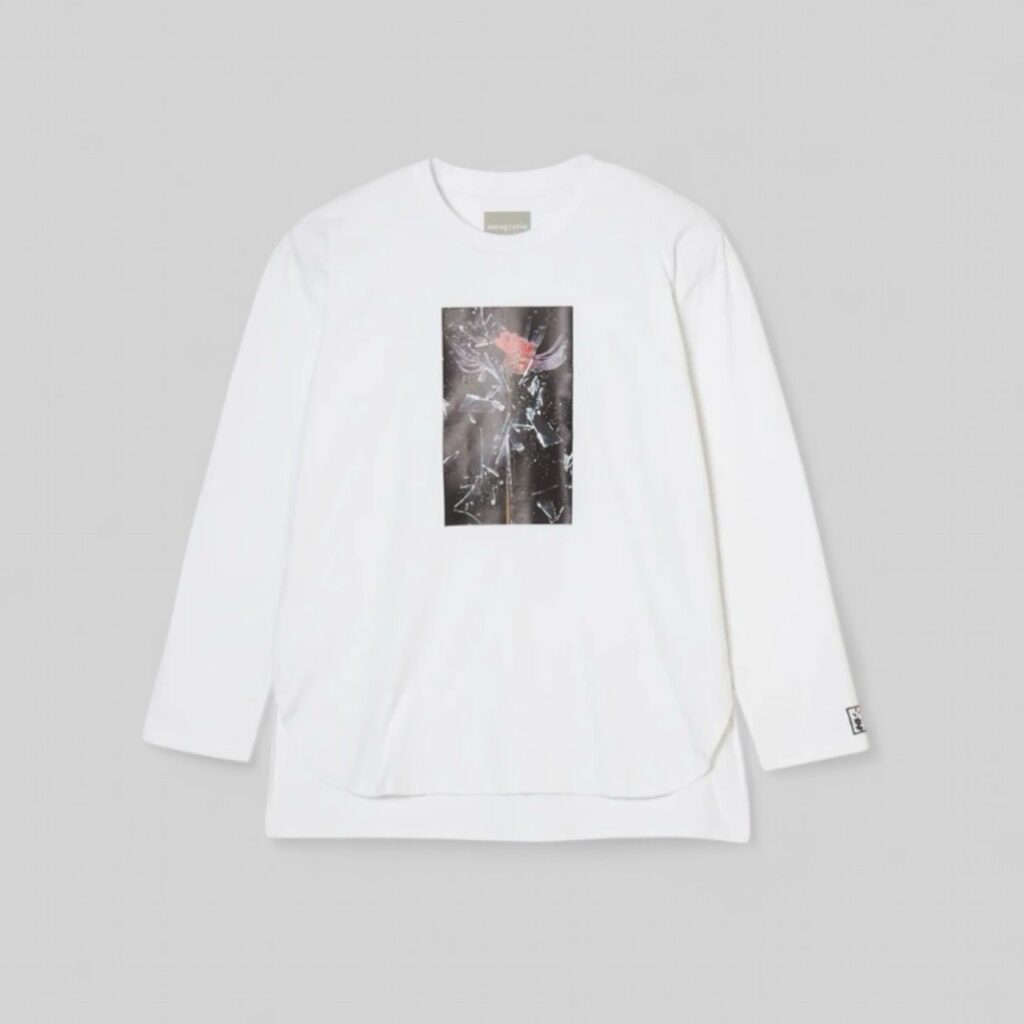Marc Le Bihan FW25/26: Consistency and repetition in a chaotic world
Why a steady vision defies the ever-changing fashion industry
In a fashion industry grappling with a crisis of identity, Marc Le Bihan FW25/26 collection—spanning both prêt-à-porter and couture—offers a steady foothold. One of exceptional beauty. His unwavering commitment to consistency and repetition stands as a testament to values that are increasingly rare in today’s frenetic landscape. In a world of flux, Marc Le Bihan’s work is a quiet rebellion, a reminder that timelessness can still exist.
The fashion world is no stranger to upheaval. Creative directors hop from one maison to another, prioritising their own ego over the heritage and DNA of the brands they helm. The result? A homogenised sea of sameness, stripped of individuality and meaning. This relentless churn of leadership only amplifies the instability of an already fragile industry. It begs the question: in an era defined by permacrisis, is this cycle of paranoid instability truly what we need? Or does it merely perpetuate chaos?
We believe the answer comes from Marc Le Bihan.
Marc Le Bihan FW25/26 artisanal fashion: Rarities for the rare
When we received Marc Le Bihan’s lookbooks and line sheets, we were struck—once again—by the beauty and distinctiveness of his vision. Each piece, meticulously crafted, tells a story of continuity. The collection features impalpable fabrics such as pongé silk and tulle—staples that elevate the ethereal quality of his designs. The dolcezza fabric, a luxuriously soft cotton blend, adds a tactile dimension, while jacquard and more structured textures provide contrast and depth.

The colour palette is equally considered, moving from pearl and taupe to steel, black, and vibrant shades of red. As the colour card notes, all products are hand-dyed, meaning slight irregularities and subtle tonal variations may occur. This artisanal touch not only underscores the uniqueness of each garment but also reinforces the philosophy of timelessness and individuality that defines Le Bihan’s exacting tailoring.
Season after season, he builds his collections like a wardrobe—one timeless garment at a time. This approach is not just gratifying; it’s revolutionary. In a world obsessed with the next big trend, Marc Le Bihan’s radical design is a pledge: when you invest in his creations, they will never fall out of fashion.

We encourage you to revisit our interview with Marc Le Bihan, as his words remain as relevant today as they were when first spoken:
“My idea is to keep a garment for ten years in the wardrobe, then take it out and still want to wear it because it’s timeless. Mine is a work in progress. If a shirt is good, it’s good forever.”
Final thoughts
While many brands chase the ephemeral allure of trends, Marc Le Bihan offers something far more profound: comfort in consistency. His designs are not just garments of exceptional beauty; they are anchors in a turbulent sea. He is a beacon of stability, a rare figure in an industry that has, for the most part, lost its way.
Yet, Le Bihan’s consistency is an exception, not the rule. In a world of excess and instability, his work stands as a rarity—a testament to the enduring power of a steady vision. As Nietzsche once said, “Everything rare for the rare.” To wear Marc Le Bihan is to embody this ethos. It is to declare that you are not common, that you value the enduring over the fleeting.
In a chaotic world, Marc Le Bihan FW25/26 is more than fashion—it’s a philosophy for modern humans. And in an industry crying out for direction, it’s a philosophy worth celebrating.
📲 Claim your piece of Marc Le Bihan’s rare elegance—contact us via WhatsApp or email.
Marc Le Bihan FW25/26: Consistency and repetition in a chaotic world Read More »
